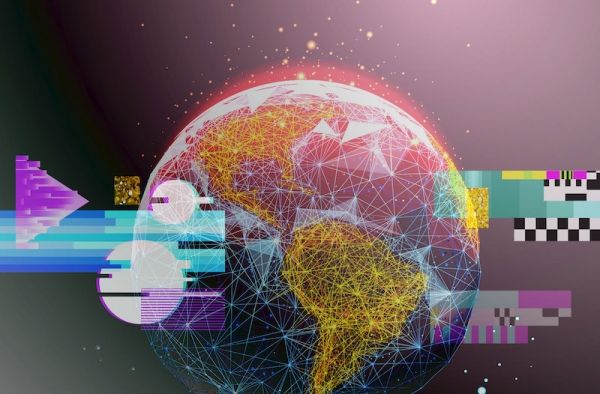On Dec. 31, 1999, USC students rang in the New Year in a variety of fashions. But they all faced the prospect of a global IT implosion, now that each year was about to start with a two instead of a one.
“I went camping in Death Valley. On New Year’s Eve, we stayed up all night and watched the sunrise. It was away from Y2K, which was a big concern,” Jesse Chow, a sophomore, told the Daily Trojan.
Since 1998, a pervasive technological worry had spread worldwide. The Year 2000 problem, or Y2K, which ostensibly threatened to take down entire banking systems and drop planes from the sky, had scared a global population into action.
By the arrival of 2000, an estimated $308 billion had been spent globally to prevent the potentially disastrous consequences of the Y2K bug. However, little, if anything, actually happened. On Jan. 1, CNN declared the Y2K bug a “New Year’s Day loser.”
Twenty years later, as the world heads into a fresh decade, climate change promises to upend our entire way of life. Yet, unlike Y2K, which saw a swift public and private sector response, climate change remains a looming disaster, with solutions bogged down by denial and inaction.
Why did we face Y2K with such prompt seriousness and yet flounder now in the face of a threat more pervasive and disastrous?
Continue reading at University of Southern California
Image via University of Southern California


